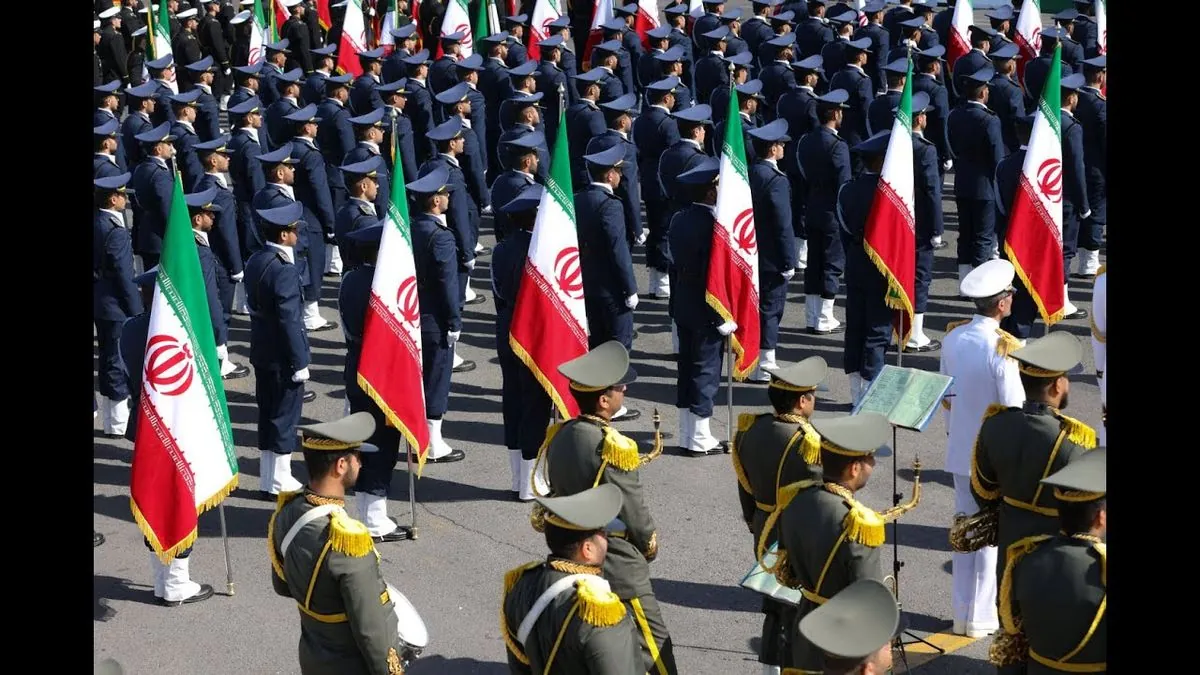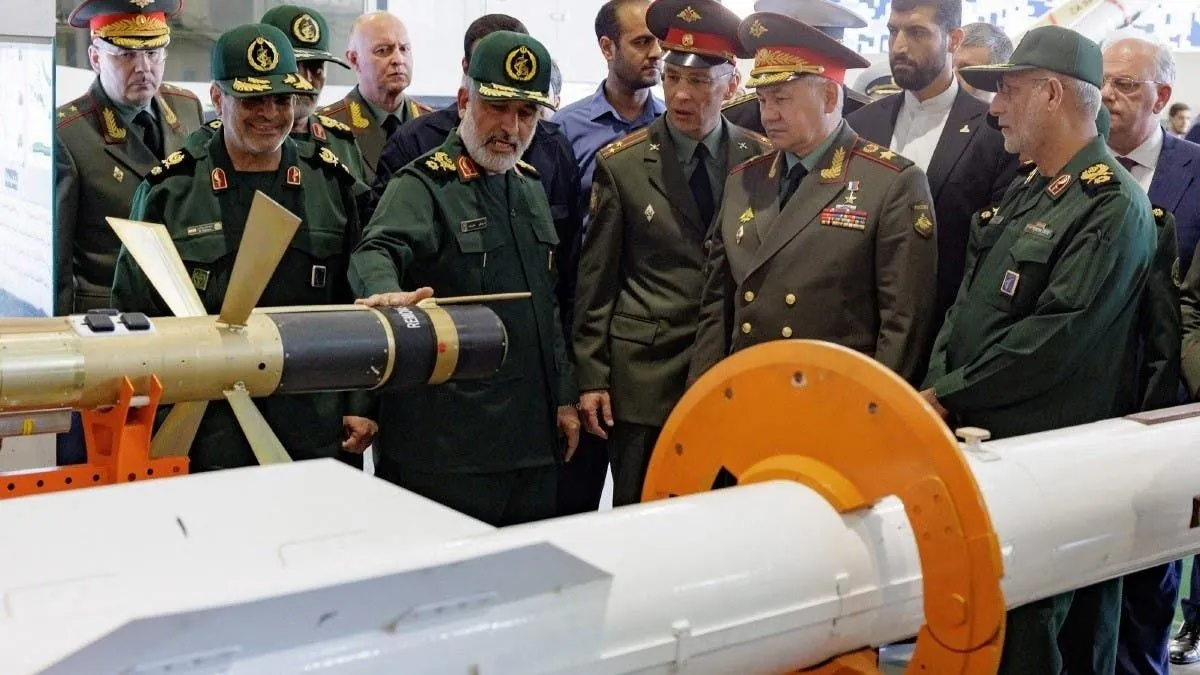Iran's Delicate Balancing Act: Retaliation vs. Regional Stability
Iran grapples with responding to Hamas leader's assassination while avoiding broader conflict. New Iranian president faces challenges as tensions rise and economic pressures mount.

In the wake of Ismail Haniyeh's assassination on July 31, 2024, Iran finds itself in a precarious position, carefully weighing its options for retaliation against Israel while striving to avoid a full-scale regional conflict. The international community has been on edge for nearly two weeks, anticipating Iran's response to the killing of the Hamas political bureau chief.
Iranian officials continue to issue public warnings of a "tough" reprisal, but behind closed doors, they are urging caution among their armed proxies. This delicate balancing act reflects Tehran's desire to demonstrate strength without triggering an all-out war that could have devastating consequences for the region.
The situation is further complicated by Iran's recent history of direct confrontation with Israel. In April 2024, Iran launched over 300 drones and missiles at Israel in response to an Israeli strike on an Iranian diplomatic facility in Syria. This unprecedented attack crossed long-standing red lines in the two countries' shadow war, raising concerns about potential escalation.
"Israel's latest assessment is that Iran is planning another direct attack and that it could come imminently."
Israeli officials, speaking on condition of anonymity, have expressed their belief that Iran is preparing for another direct assault. However, similar warnings have been issued previously without materializing, leaving the region in a state of prolonged tension.

Iran's allies in Iraq and Syria are reportedly on high alert, with plans to target U.S. bases in those countries in coordination with Iran's expected attack on Israel. This information, provided by sources close to Iranian-backed forces, underscores the potential for a wider regional conflict.
The newly elected Iranian President, Masoud Pezeshkian, faces significant challenges as he navigates this crisis. Pezeshkian, Iran's first reformist president in nearly two decades, campaigned on a platform of greater engagement with the West and easing economic sanctions. However, his early days in office have been dominated by concerns over regional escalation and its potential impact on Iran's already struggling economy.
Iran's economy has been under severe strain, with the value of the Iranian rial repeatedly hitting record lows in recent months. A regional war would likely exacerbate these economic woes and further isolate the country internationally.
As tensions remain high, the United States has taken precautionary measures. Defense Secretary Lloyd Austin announced the deployment of the USS Georgia, a guided-missile submarine, to the Middle East and expedited the movement of the USS Abraham Lincoln aircraft carrier strike group to the region.
The assassination of Ismail Haniyeh has raised questions about the timing and motivations behind the operation. The Hamas leader was set to attend President Pezeshkian's inauguration and had been involved in negotiations for a ceasefire in Gaza and the release of Israeli hostages. The killing has been interpreted by some regional observers as an attempt by Israeli Prime Minister Benjamin Netanyahu to provoke a broader conflict.
As Iran contemplates its response, the international community watches closely, hoping for a resolution that avoids further escalation in an already volatile region.


































